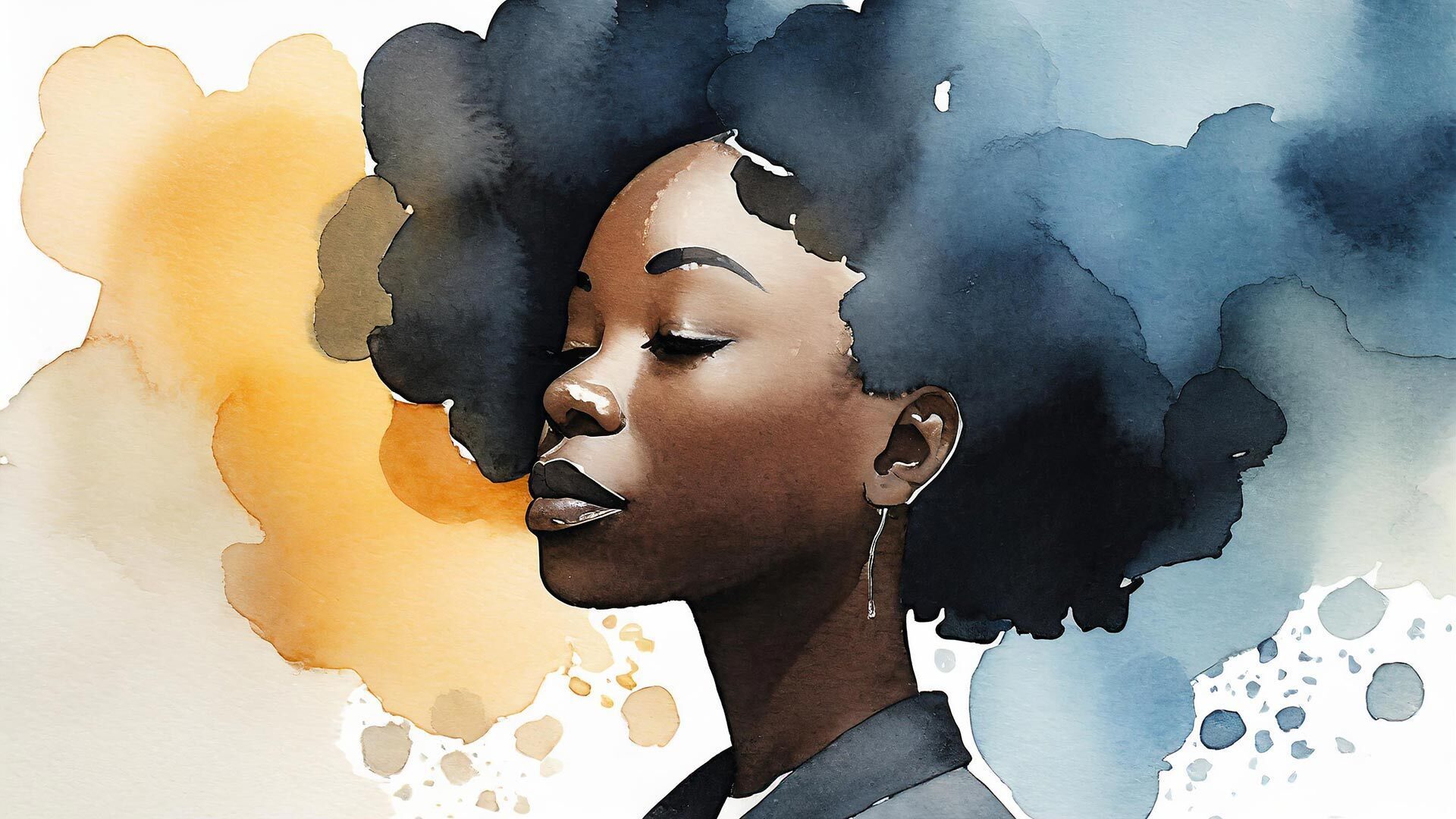- April 18, 2024
- By Rachael Grahame ’17
With only a few taps on their phones, Black teens could soon find effective ways to cope with the roughly five acts of racism they experience each day—many of them on those same devices.
Henry Willis, an assistant professor in the University of Maryland’s Department of Psychology, has been awarded over $250,000 from the Robert Wood Johnson Foundation to spend the next two years creating a free mobile application specifically made for, and in close collaboration with, Black youths.
“Adolescents and young adults are online a lot, exploring their identity and talking about race, and it's in this very pivotal moment that they are often exposed to online racism in the form of direct threats in comments or messages, comments alluding to racial stereotypes, videos of mock lynchings or police shootings, and more,” he said.
The Centers for Disease Control and Prevention (CDC) reported last year that Black youths have the fastest-growing suicide rate, and that 22% had seriously considered suicide in 2021, up from 13% a decade earlier. Despite these rising rates of suicide, CDC findings also highlight how Black youths are significantly less likely than White youths to receive any type of mental health treatments, underscoring the urgent need to find novel ways to address this disparity.
This summer, Willis plans to work with 30 Black youths ages 13-17 who live in Washington, D.C., Prince George’s County, Baltimore, Philadelphia and New York City. The youths will initially participate in a focus group-style meeting about what they’d like to see in the app, which may include resources that Black young adults suggested to Willis during his related 2020 dissertation research, like information on how to report acts of racism and on discovering and discussing one’s identity.
They will also participate in one or two additional meetings where they’ll get a chance to design what they want the app’s interface to look like, and test the prototype before it becomes available to the public.
Participants will be treated as true project partners and be compensated for their time, he said.
“By taking this approach, we are putting the future in their hands and encouraging them to really think creatively about how they want tech to look like for themselves,” he said.
The study will intersect with his work as a co-investigator on a $4.6 million National Institutes of Health-funded project to develop a virtual reality experience that can help students of color increase digital and media literacy, combat online racism and protect their mental health.
“From both projects, we're going to hopefully see that even with exposure to online racism, because of these different skills and interventions that they'll have access to, we will really to bolster the resilience that is already inherent in these underrepresented communities, and Black youths will have better mental health and psychosocial and academic outcomes,” said Willis.
To sign up for Willis’ Black youth mental health mobile app project, email willislab@umd.edu.
If you are in crisis, please call, text or chat with the Suicide and Crisis Lifeline at 988, or contact the Crisis Text Line by texting TALK to 741741.
Topics
Research